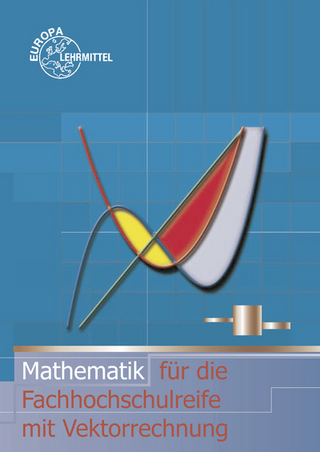
Ontology-Based Interpretation of Natural Language
Morgan & Claypool Publishers (Verlag)
978-1-60845-989-6 (ISBN)
- Titel gebraucht verfügbar
- Artikel merken
We start with an introduction to ontologies and demonstrate how linguistic information can be attached to them by means of the ontology lexicon model lemon. These lexica then serve as basis for the automatic generation of grammars, which we use to compositionally construct meaning representations that conform with the vocabulary of an underlying ontology. As a result, the level of representational granularity is not driven by language but by the semantic distinctions made in the underlying ontology and thus by distinctions that are relevant in the context of a particular domain. We highlight some of the challenges involved in the construction of ontology-based meaning representations, and show how ontologies can be exploited for ambiguity resolution and the interpretation of temporal expressions. Finally, we present a question answering system that combines all tools and techniques introduced throughout the book in a real-world application, and sketch how the presented approach can scale to larger, multi-domain scenarios in the context of the Semantic Web.
Philipp Cimiano is professor of computer science at Bielefeld University and head of the Semantic Computing group, affiliated with the Cluster of Excellence on Cognitive Interaction Technology (CITEC). He received his doctoral degree in applied computer science from the University of Karlsruhe (now KIT) on the topic of learning ontologies from text. He has a wide range of publications in the areas of natural language processing, ontology learning, knowledge acquisition and representation, and the Semantic Web. He was nominated one of AI's 10 to Watch by the IEEE Intelligent Systems Magazine in 2008, an award given to the top 10 young researchers in the field of artificial intelligence worldwide. Christina Unger is a postdoctoral researcher in the Semantic Computing group affiliated with the Cluster of Excellence on Cognitive Interaction Technology (CITEC) at Bielefeld University. She received her Ph.D. from the Utrecht Institute of Linguistics (UiL-OTS), the Netherlands, in 2010, on the topic of the relationship between syntactic displacement and semantic scope. Her major research interest lies in the area of computational semantics, with a focus on ontology-based natural language understanding, question answering, and the automatic generation of grammars from the lexicon-ontology interface. In her spare time, she follows the ups and downs of the local soccer club, Arminia Bielefeld. John McCrae is a postdoctoral researcher in the Semantic Computing group affiliated with the Cluster of Excellence on Cognitive Interaction Technology (CITEC) at Bielefeld University. He received an MSci in mathematics and computer science from Imperial College London, UK in 2006. In 2009, he received his Ph.D. from the National Institute of Informatics in Tokyo on the topic of learning consistent ontologies by information extraction. He was a principal investigator and work package leader in the EC-funded project Monnet and is one of the main developers of the ontology-lexicon model lemon, now being further advanced under the frame of the W3C Ontology-Lexica Community Group.
List of Figures
Preface
Acknowledgments
Introduction
Ontologies
Linguistic Formalisms
Ontology Lexica
Grammar Generation
Putting Everything Together
Ontological Reasoning for Ambiguity Resolution
Temporal Interpretation
Ontology-Based Interpretation for Question Answering
Conclusion
Bibliography
Authors' Biographies
| Erscheint lt. Verlag | 30.3.2014 |
|---|---|
| Reihe/Serie | Synthesis Lectures on Human Language Technologies |
| Verlagsort | San Rafael |
| Sprache | englisch |
| Maße | 191 x 235 mm |
| Gewicht | 333 g |
| Themenwelt | Informatik ► Theorie / Studium ► Künstliche Intelligenz / Robotik |
| ISBN-10 | 1-60845-989-6 / 1608459896 |
| ISBN-13 | 978-1-60845-989-6 / 9781608459896 |
| Zustand | Neuware |
| Informationen gemäß Produktsicherheitsverordnung (GPSR) | |
| Haben Sie eine Frage zum Produkt? |
aus dem Bereich



